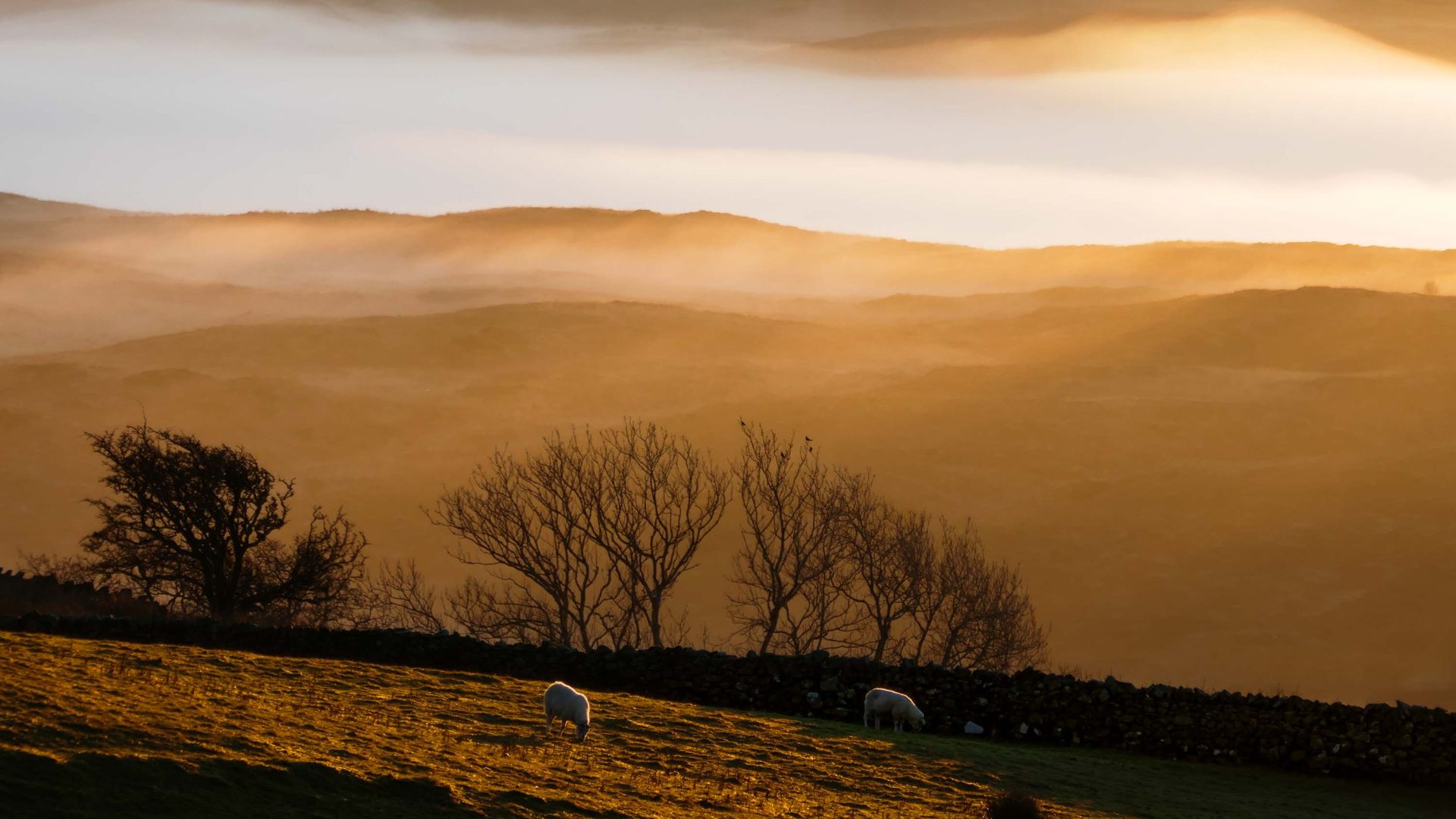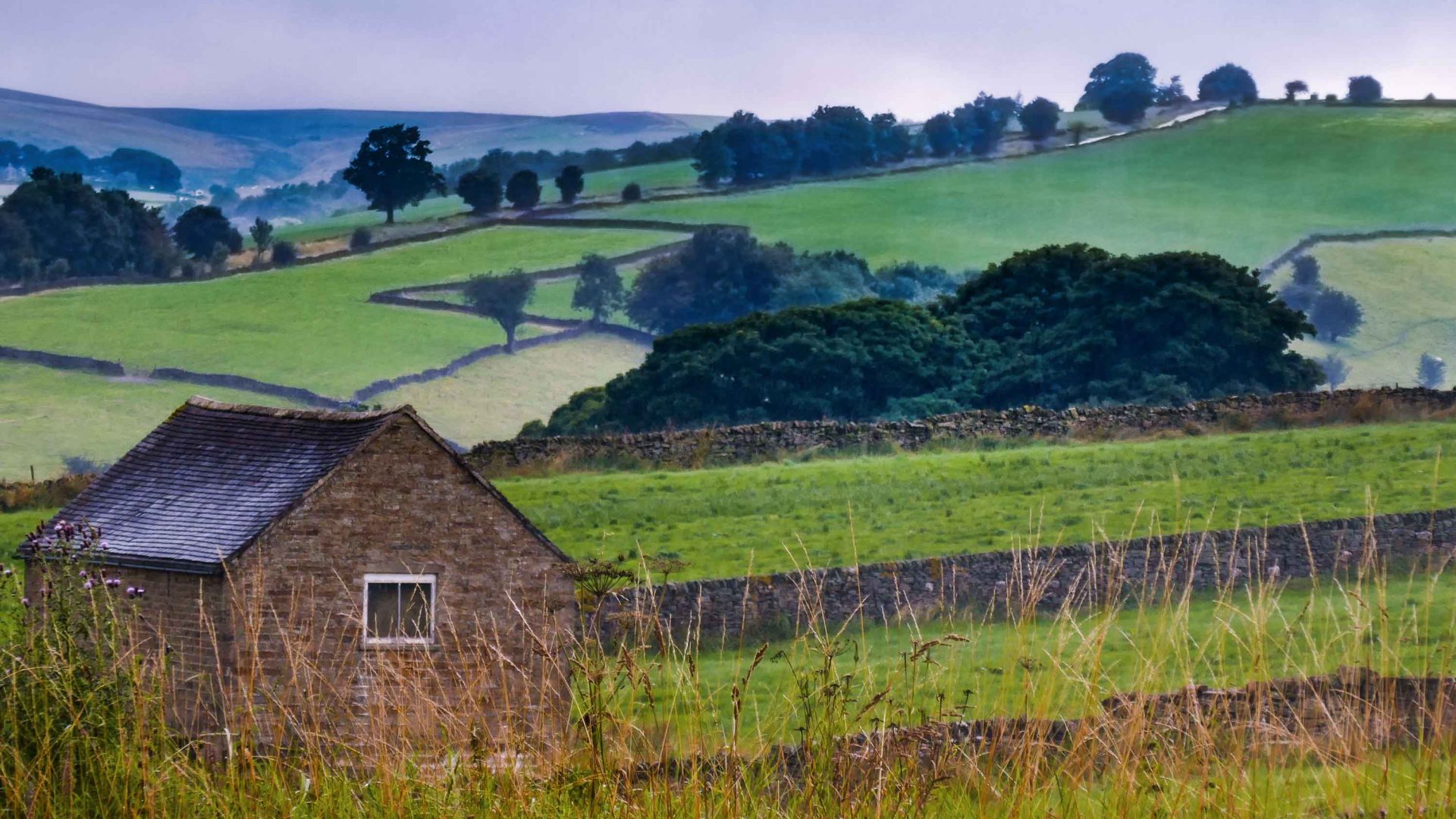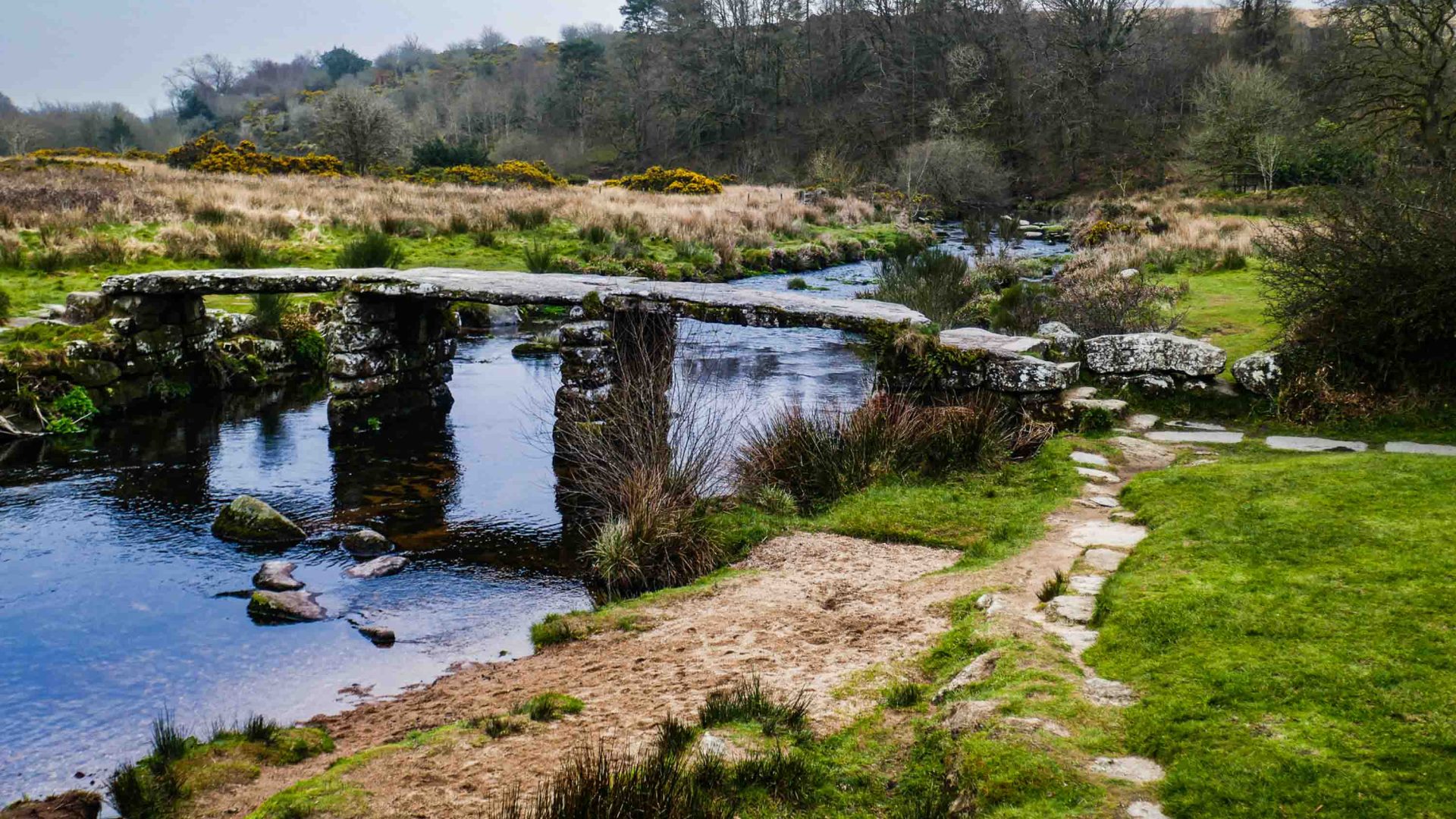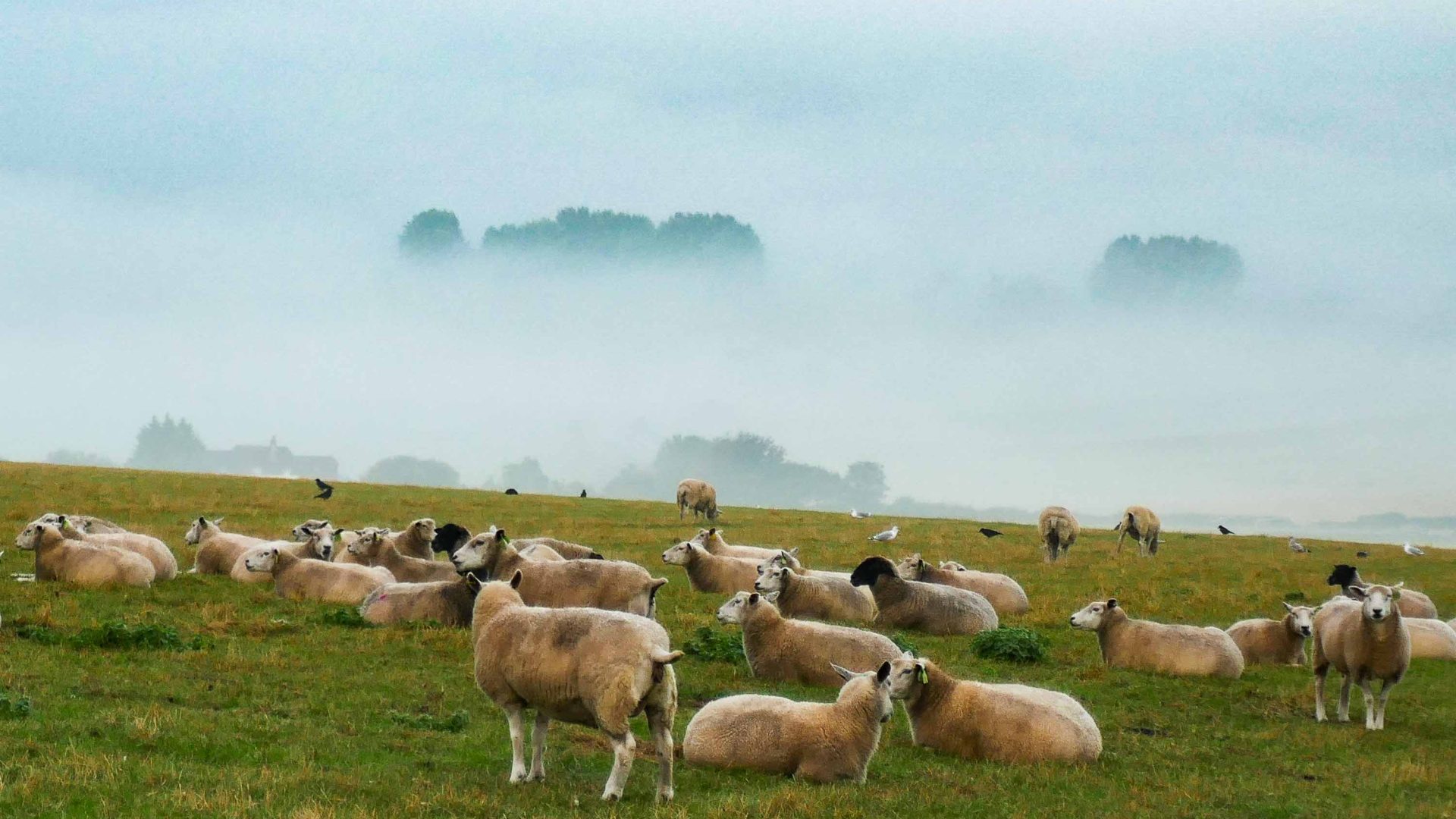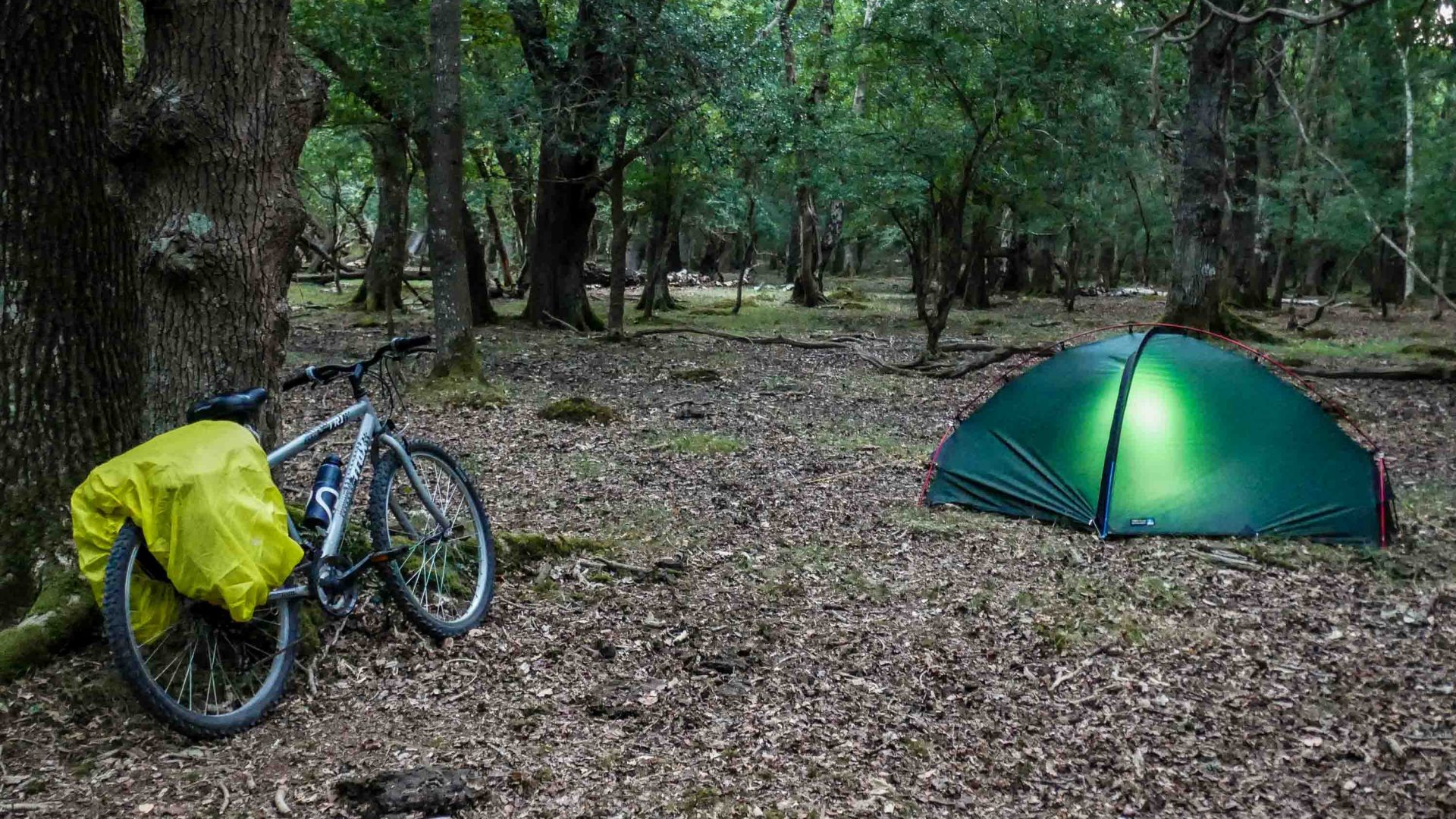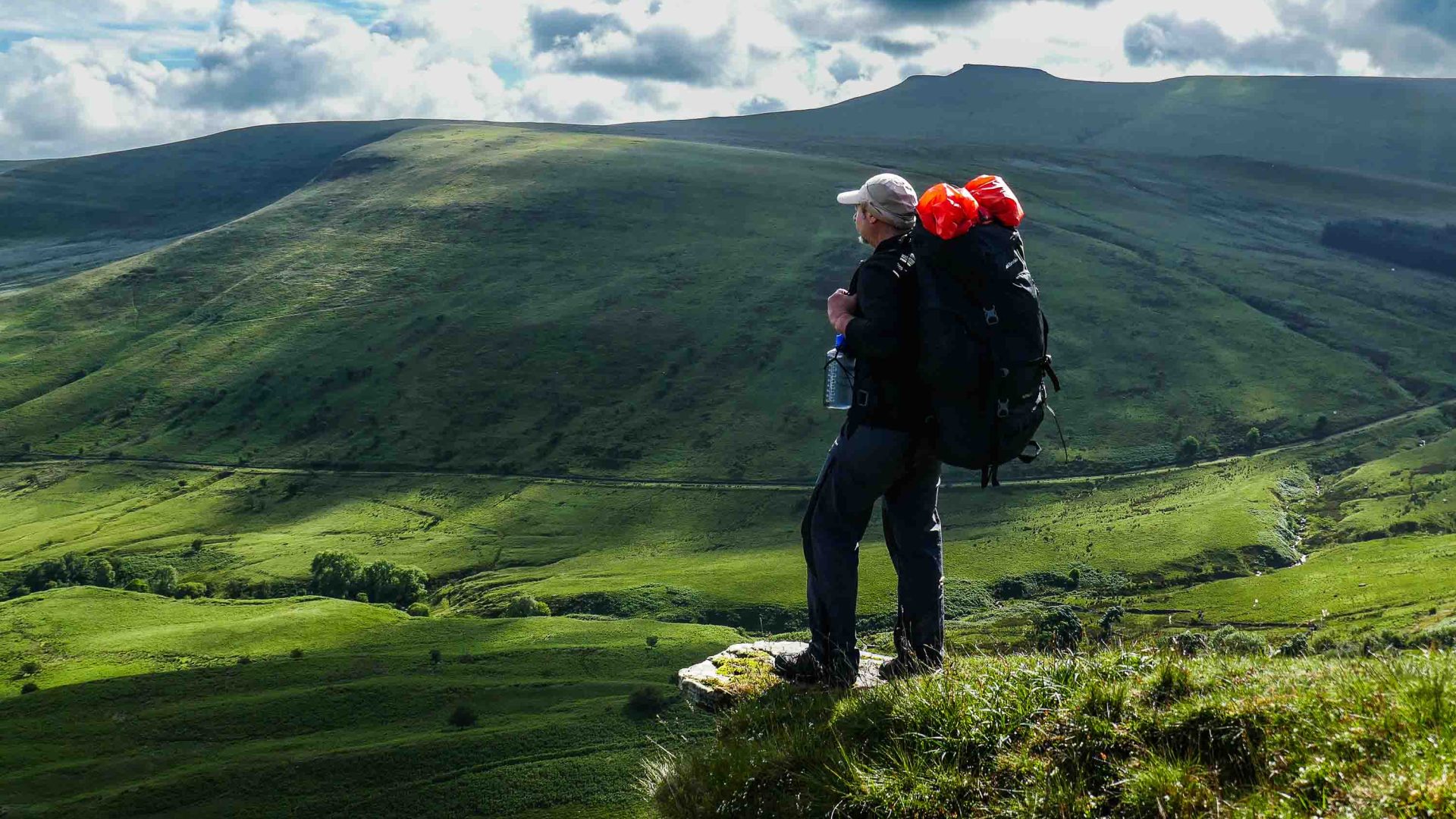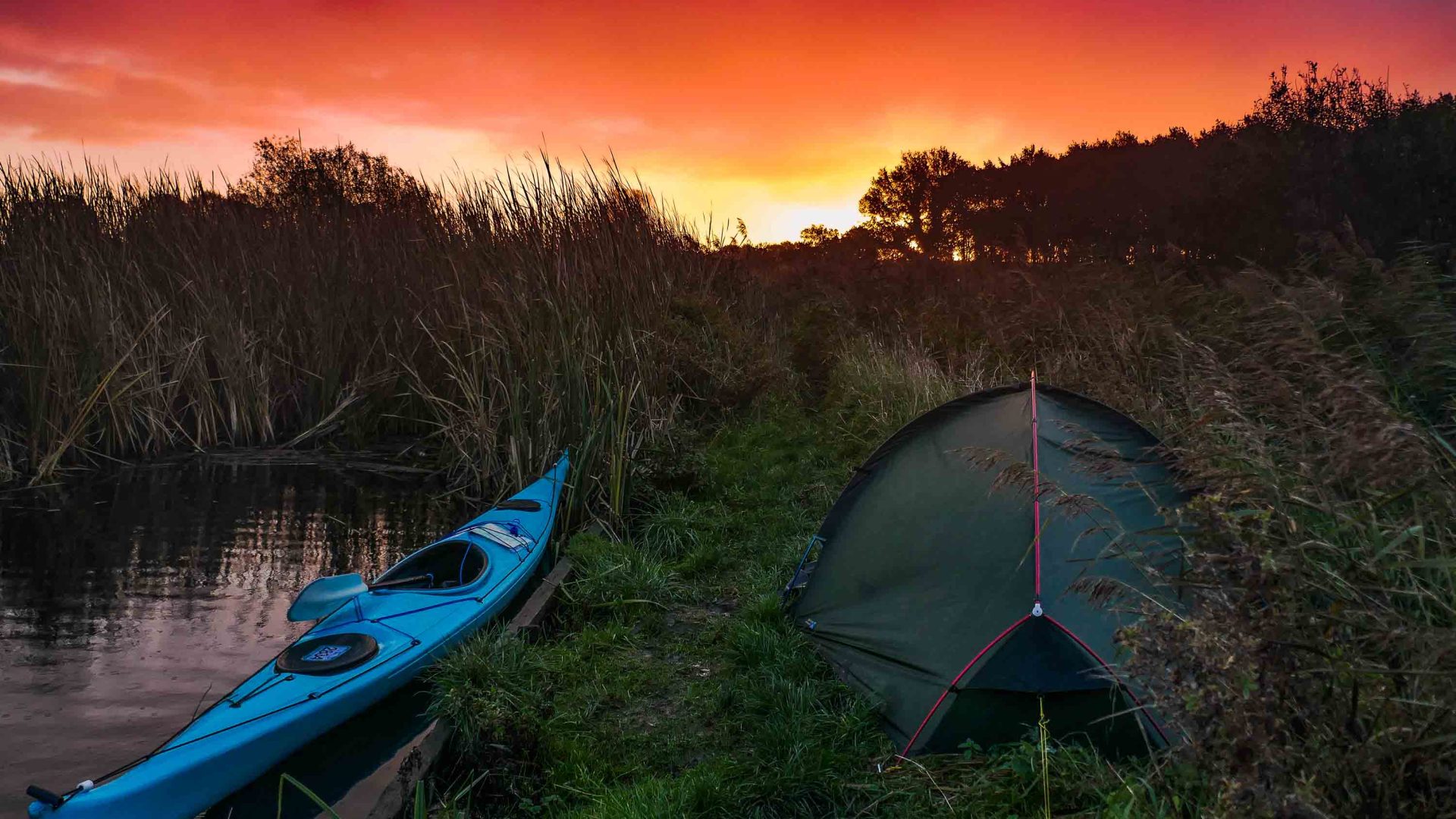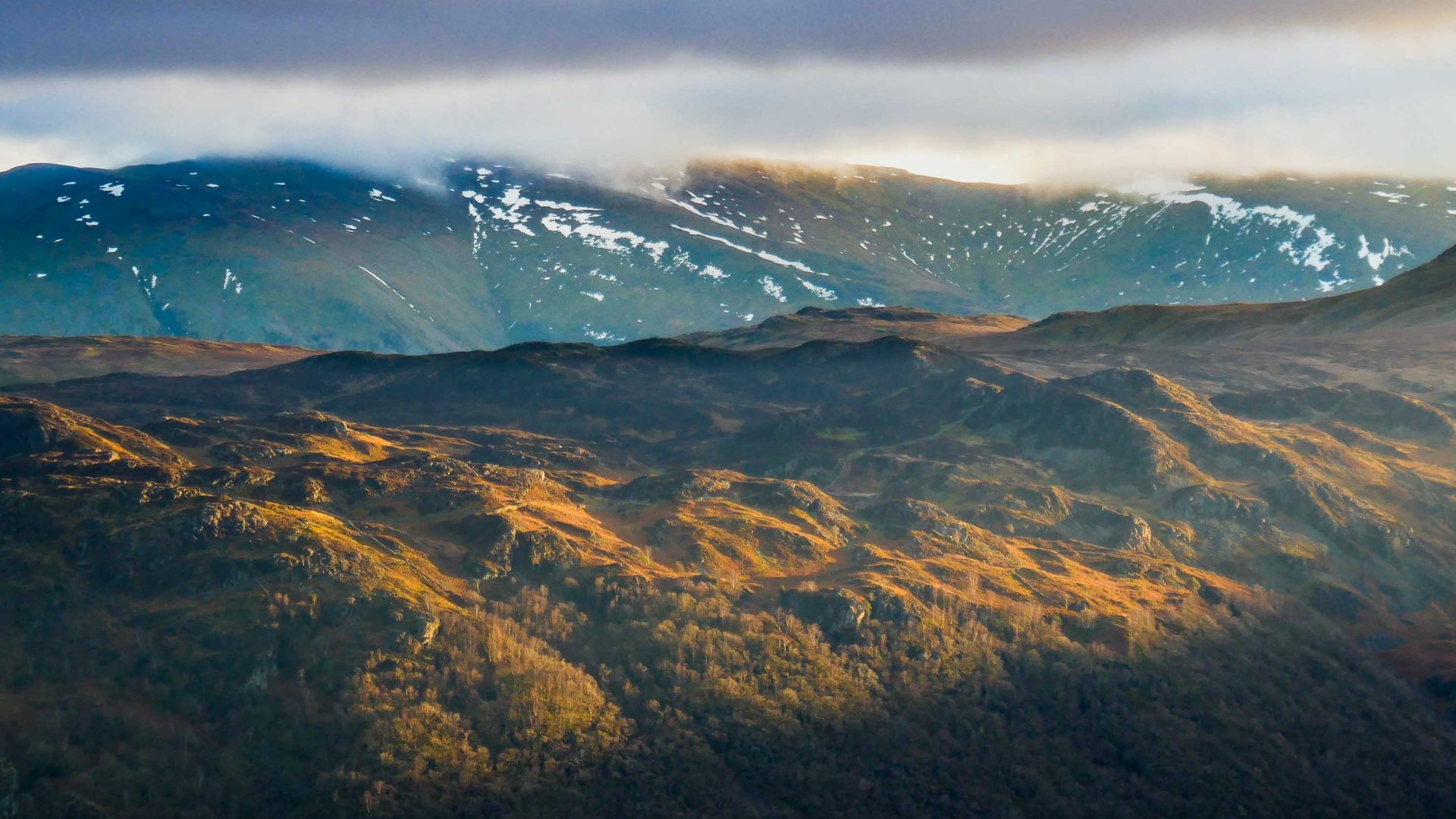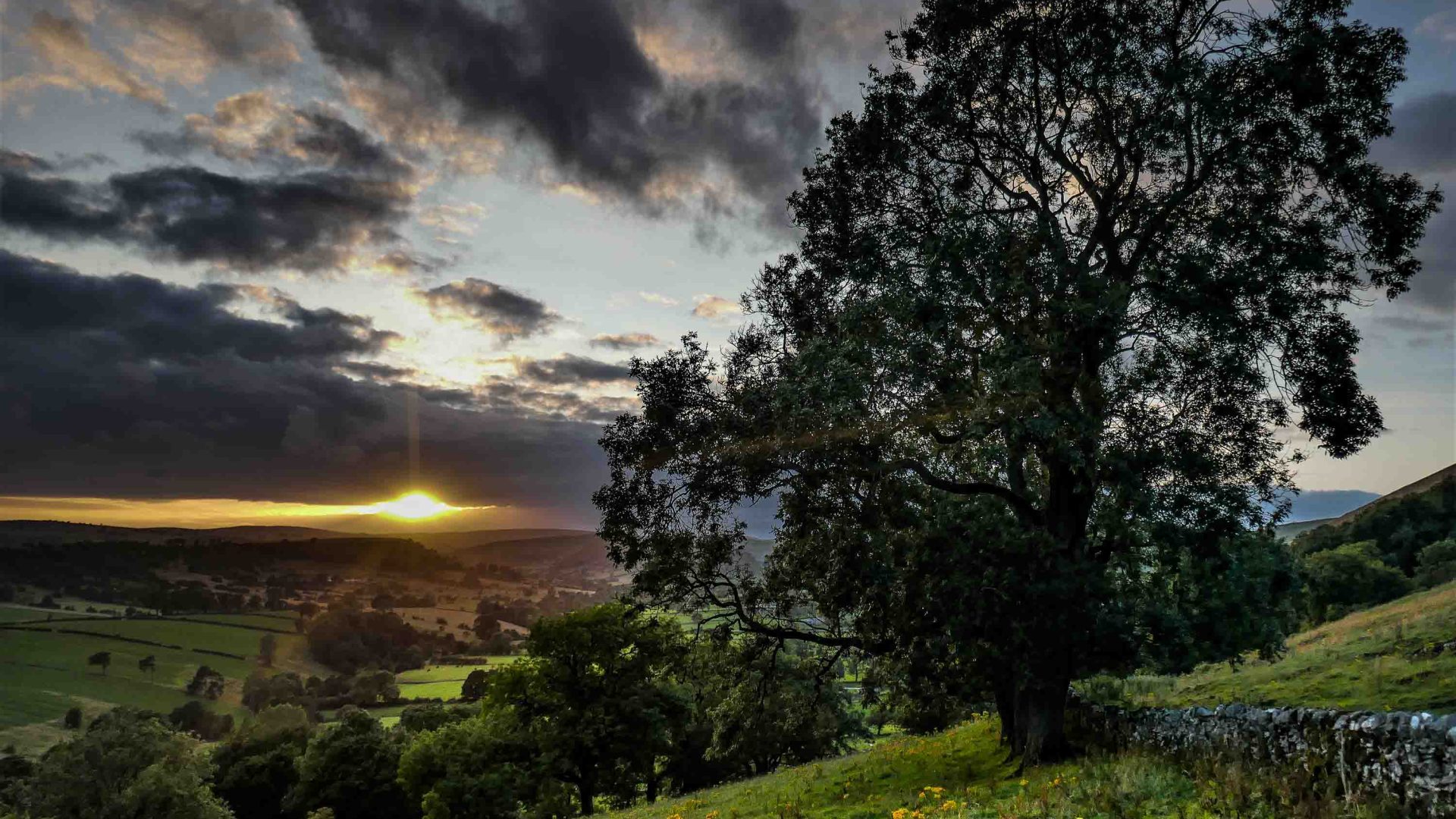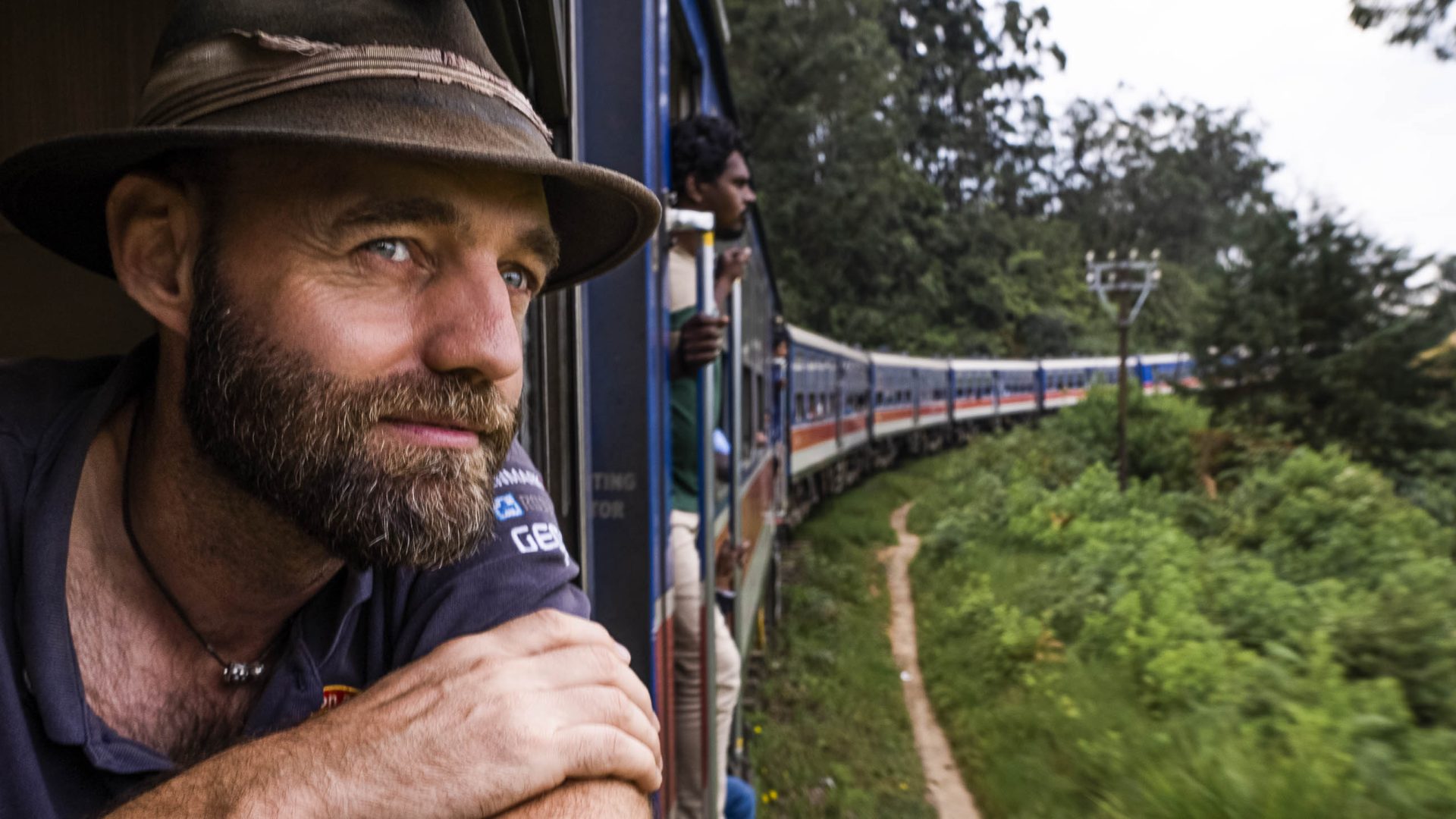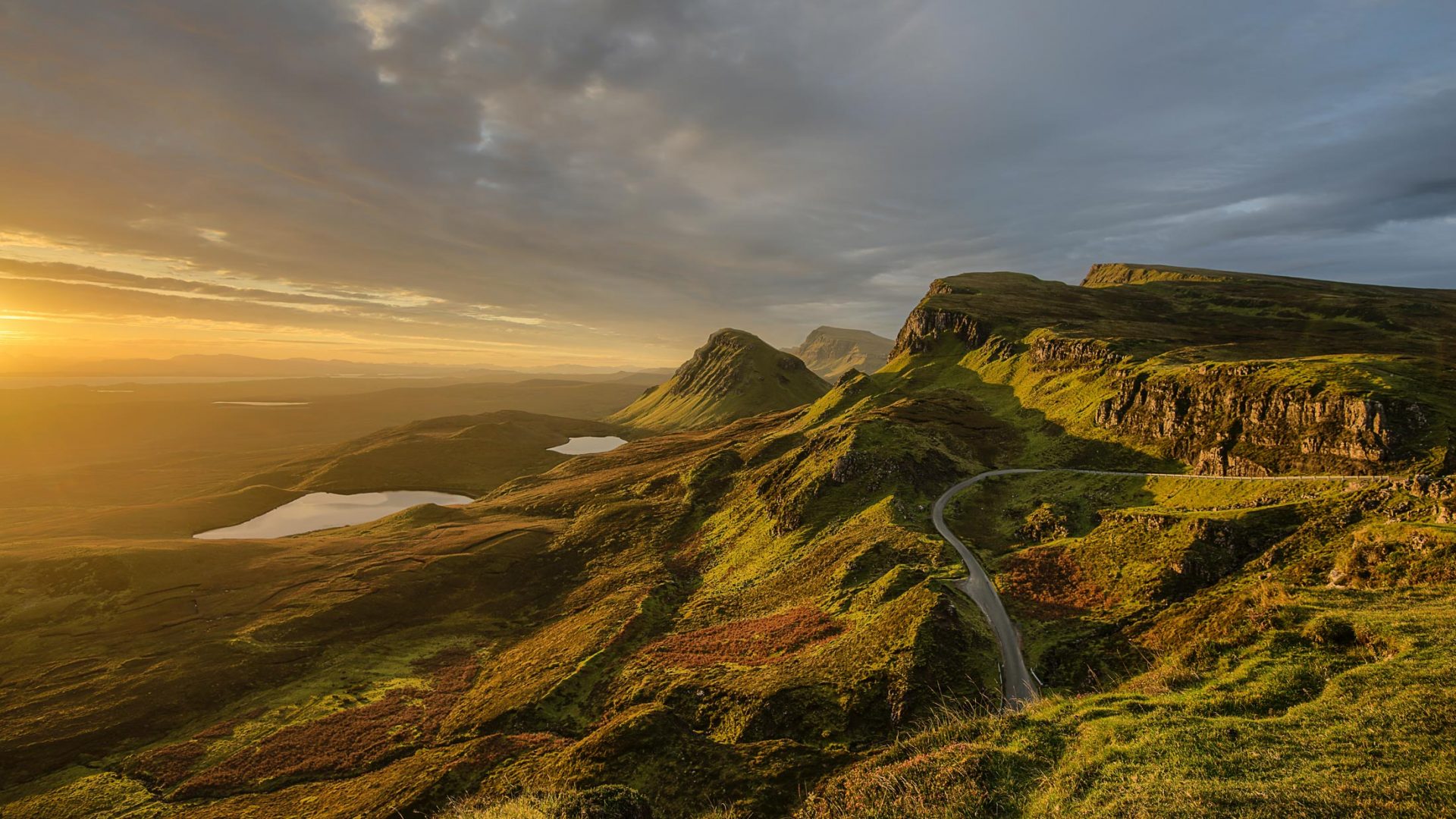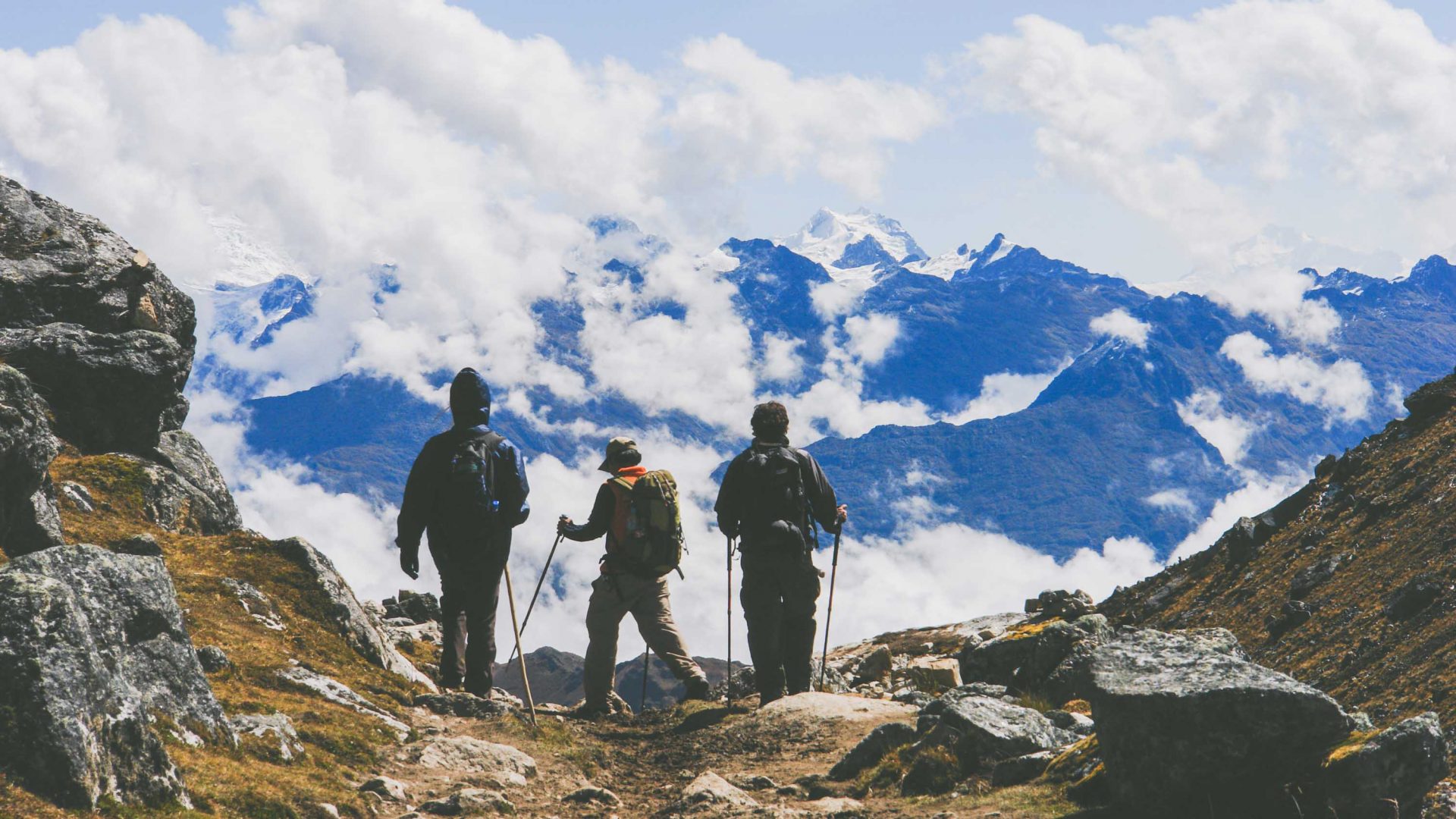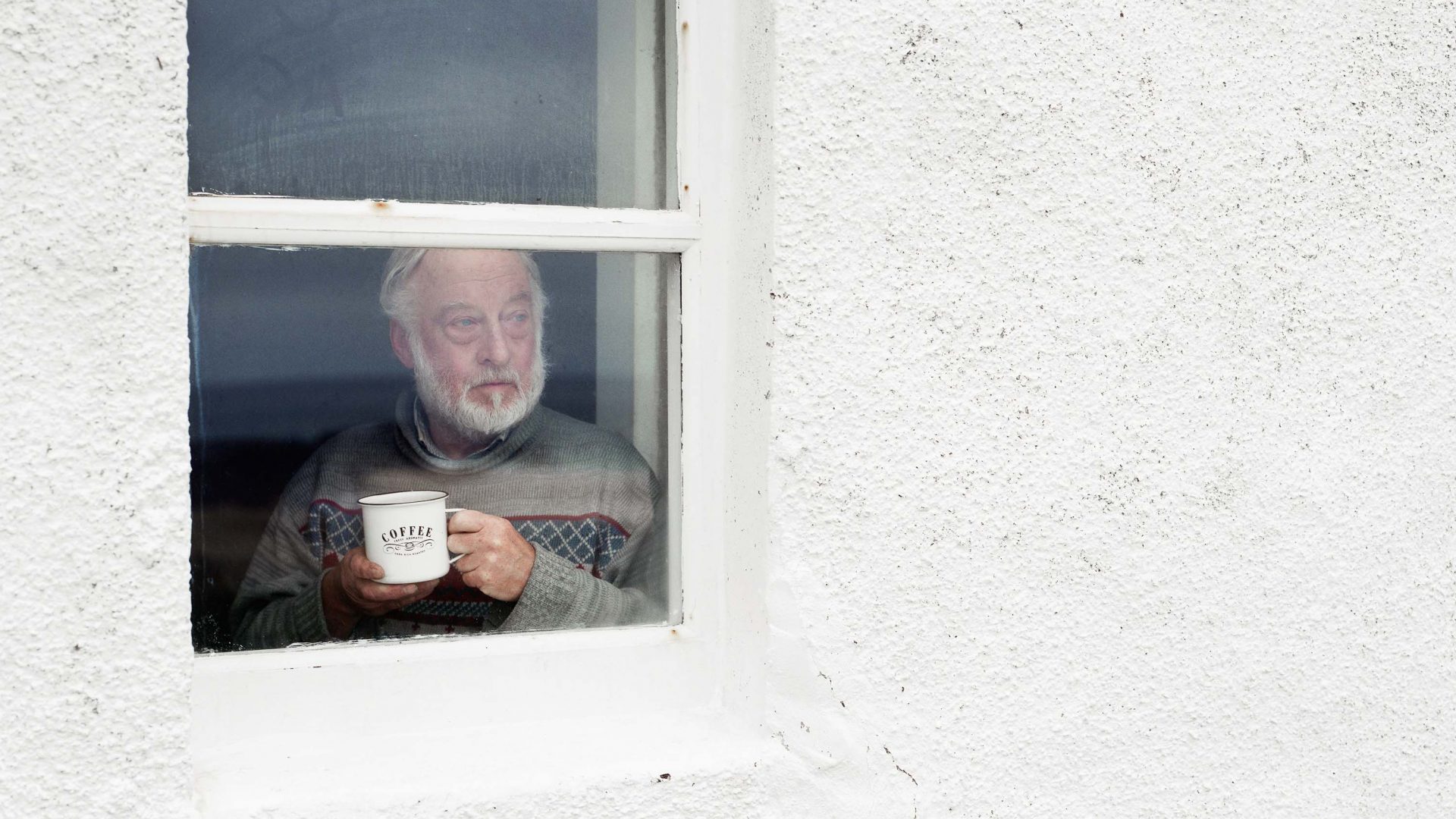After undergoing cancer treatment five years ago, adventurer Mauro Solive wanted a challenge. So he decided to hike, bike or kayak through the UK’s 15 National Parks, solo and unsupported, while raising funds for cancer research.
Meet Mauro Solive, the man who’s hiking, kayaking and biking the UK’s 15 National Parks—solo and unsupported

Describing himself as an “occasional adventurer and casual photographer, roamer of wild places, globetrotter, micro-expeditioner, and PADI Master Instructor,” Mauro Solive is most definitely a man of the outdoors.
After his cancer diagnosis and treatment over five years ago, Solive wanted a new project he could fit around work and family, but also to give something back. “Be grateful for what you have,” he says. So he decided he’d traverse all 15 UK National Parks solo and unsupported, transiting through the highest point in each, all the while raising funds for Stand Up To Cancer, a UK campaign for Cancer Research.
His micro-expeditions last two to six days, during which he navigates with old-school tech and wild camps his way around. Most of the time he hikes, but he mountain-biked New Forest and South Downs National Parks in South England, and kayaked the Norfolk Broads in East England. Solive is documenting his project on his Instagram page @project._.15
Solive had, at time of writing, just completed National Park number 10: Yorkshire Dales. He’d begun it a few weeks ago but fell ill and had to stop. “It’s the first time that happened,” he tells me, and in fact, he was leaving for the Dales again the day after our interview. “I’ll do one more this year; Pembrokeshire, possibly by bike, or Snowdonia.”
A born adventurer and advocate for human-powered experiences, what Solive loves best is exploring. He backpacked extensively from 1984 to 2007 in Latin America, Africa, Europe, Asia, and Oceania, and shares past adventures around the world on Instagram @solivemauro. Memorable expeditions include paddling over 2,900 kilometers in 72 days on a self-built outrigger canoe from Cuiabá in Brazil to Buenos Aires, Argentina, with Italo-Brazilian artist and adventurer Franco Masotto; a solo, 26-day, 1,270-kilometer tour of north and central Sumatra on a locally made bicycle; and solo hiking the coast of Ceará, one of the least densely populated parts of the Brazilian coast.
Solive has a day job too, working in the construction industry where he’s keen to improve sustainable practices—and it’s between this job and family life that he finds time to hike, bike and kayak the National Parks. Here, he tells Adventure.com editor Meera Dattani what he’s learned so far as he gears up for the final five, which he hopes to complete by the end of 2024.
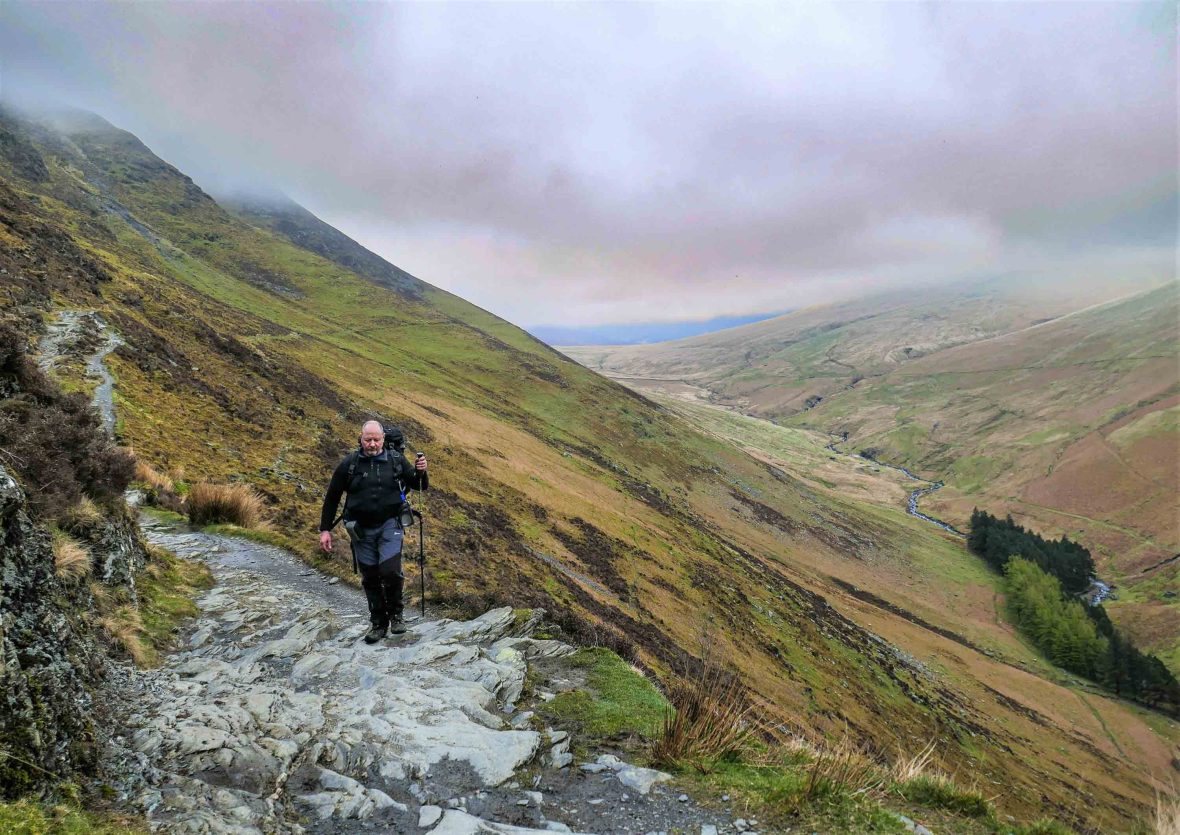
The UK still has plenty of wild places
“What’s surprised me the most is how many places in the UK are still so uninhabited. You can easily find solitude, and places where nature very much rules. I guess I didn’t expect to see such wild landscapes and mountains in the middle of Britain. In some of the Lake District‘s valleys, you can really find yourself alone—it seems to be even more solitary than in the Alps.
My original idea was to travel without following well-defined routes, but I quickly realized that’s not easy so I had a rethink and began following established paths and right of ways.”
“I’ve learnt from these expeditions that being in nature is the best way for me to keep sane. I also see more and more people realizing this power and seeking out nature.”
- Mauro Solive
Going tech-free is liberating
“What I try to do is traverse the National Park at its widest, and transit through the highest point too. I use OS [Ordinance Survey] maps which are very detailed so I can work out my exact route.
I generally only use maps and a compass. I try not to use any GPS or trackers because I want to do it the old-fashioned way, plus apps and tech can fail too. For safety, I have my phone in my backpack, and when there’s signal I text my wife to let her know I’m OK. She knows my route and knows she might not hear from me because of poor signal. She also knows not to raise the alarm unless it’s been X number of hours. I also have a camera.”
It’s nice to hike without worrying about bears
“Compared to other parks and treks, it’s pretty safe in the UK—no bears or aggressive animals, anyway! And there are practically no venomous snakes. You’re lucky if you see anything wild—deer, badgers, or foxes. Sometimes, at night, you’ll hear foxes during mating season and they’re very vocal!”
Nature keeps me healthy
“As you can probably tell, I’ve always loved nature and I love places where nature is still dominant. I’ve learned from these expeditions that being in nature is the best way for me to keep sane. I also see more and more people realizing this power and seeking out nature.”
Being alone is part of the challenge
“I’ve always been comfortable in my own company, so that aspect hasn’t been difficult for me. I also like to depend on myself—to know that I know my limit, what I can do, and when I have to stop. I like the feeling of being completely in control of myself and my destiny, and that if I fall on hard times, it’s up to me to face the challenge and see how I handle that.
And occasionally, I’ve got lost so I’ve had to realize that first, then re-trace my steps and get back on course.”
Start slowly
“Slowly build your confidence. Don’t suddenly do a big trip on your own; go with someone. There are a lot of courses, too—people teaching wild camping, navigation, and different techniques. There’s so much information online and tutorials on YouTube.”
“Preparation is key. You need the right equipment but you should also know your equipment inside out. Know how to put your tent up in the dark or in strong winds because your life might depend on it. Know how to light your stove even without matches.”
- Mauro Solive
Pack light
“I pack only the essentials. I have a very lightweight, small tent—you literally have to crawl in, and you can’t even sit up straight, but it does a wonderful job of keeping you safe from the elements. Obviously, I have a sleeping bag—a different one for each season.
I have my waterproofs of course, and one change of clothes which I wash in the river when I can. After four or five days, I smell a little bit like a wet dog! I bring a couple of pairs of spare socks and in the winter, thermals for sleeping. Then just a map, compass, camera, small camping stove to cook, and food.
Controversially, for some, I don’t carry a first aid kit. It’s because anything compact is too basic and not really going to help you. You can use saliva to disinfect and rip a tissue to bandage a small cut. Unless of course you’re somewhere where you can get really sick, for example, where there’s malaria, dysentery etc. But here, a little bit of disinfectant and plaster is extra weight I can do without.”
Understand your hiking gear
“Preparation is key. You need the right equipment but you should also know your equipment inside out. Know how to put your tent up in the dark or in strong winds because your life might depend on it. Know how to light your stove even without matches. Start gradually and build upon your experience.
In Britain, you’re rarely too far from someone or something, a farm or a road. There are rarely extreme challenges in terms of survival, but obviously you need to be prepared because things can go wrong quite quickly anywhere.”
“In the Brecon Beacons [south Wales], I found myself on the edge of hypothermia. It rained for a day and a half, non-stop and I was completely soaked, despite having waterproofs—I just couldn’t control my shivering.
I realized I had to do something about it and fast. I tried to find shelter, put up my tent quickly, which was difficult, then I made a hot drink and got into my sleeping bag. Slowly, I recovered. If you’re prepared and know what you should do, you can face these situations without too much drama.”
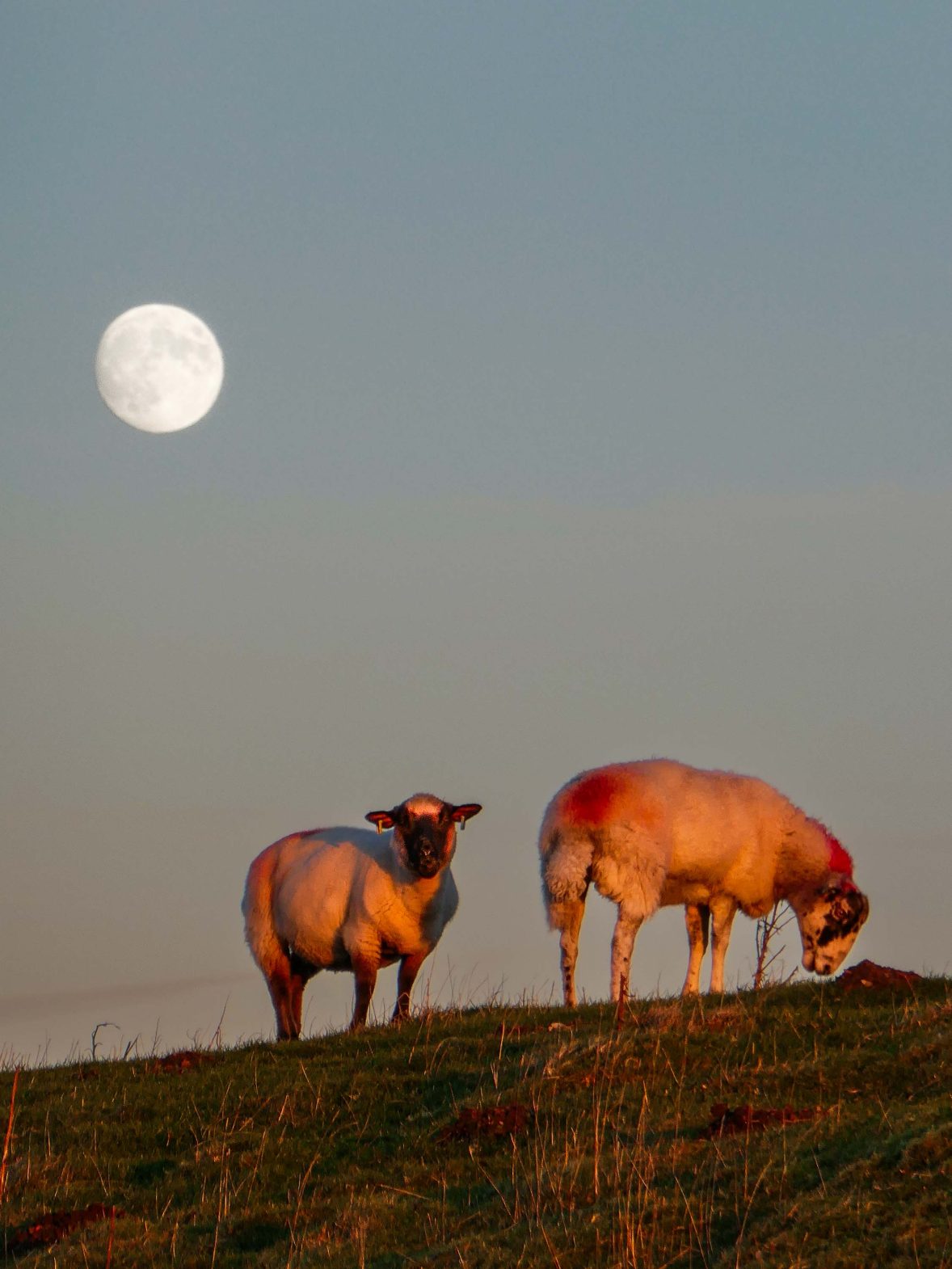
You can survive with very little
“I don’t carry too much. Breakfast is a simple porridge because it’s light and ready in two minutes—hot water, maybe powdered milk, and done. For lunch, protein bars or powder milkshakes. In the evening, I usually have a dehydrated meal—you can buy all sorts from the outdoor shops, from scrambled eggs to cottage pie to instant noodles.
It’s not a lot of food, but it’s enough to keep you going. Obviously, I need to find water and luckily in Britain, there’s no scarcity. I have a filter bottle and purifying tablets so I can fill up almost anywhere. Sometimes the water looks quite brown, but it’s fine once purified, honestly.
And when I’ve finished a hike, what I crave is a good pizza!”
***
Adventure.com strives to be a low-emissions publication, and we are working to reduce our carbon emissions where possible. Emissions generated by the movements of our staff and contributors are carbon offset through our parent company, Intrepid. You can visit our sustainability page and read our Contributor Impact Guidelines for more information. While we take our commitment to people and planet seriously, we acknowledge that we still have plenty of work to do, and we welcome all feedback and suggestions from our readers. You can contact us anytime at hello@adventure.com. Please allow up to one week for a response.

London-born-and-bred with a Ugandan-Indian heritage, Meera Dattani is Adventure.com's executive editor and an award-winning freelance travel journalist. Her stories center on food and cultural heritage, wildlife and conservation, and soft adventure, often through a lens of decolonizing and modernizing travel writing. Her work has been published in National Geographic Traveller, BBC Travel, Condé Nast Traveller, Olive magazine and many others.
Related
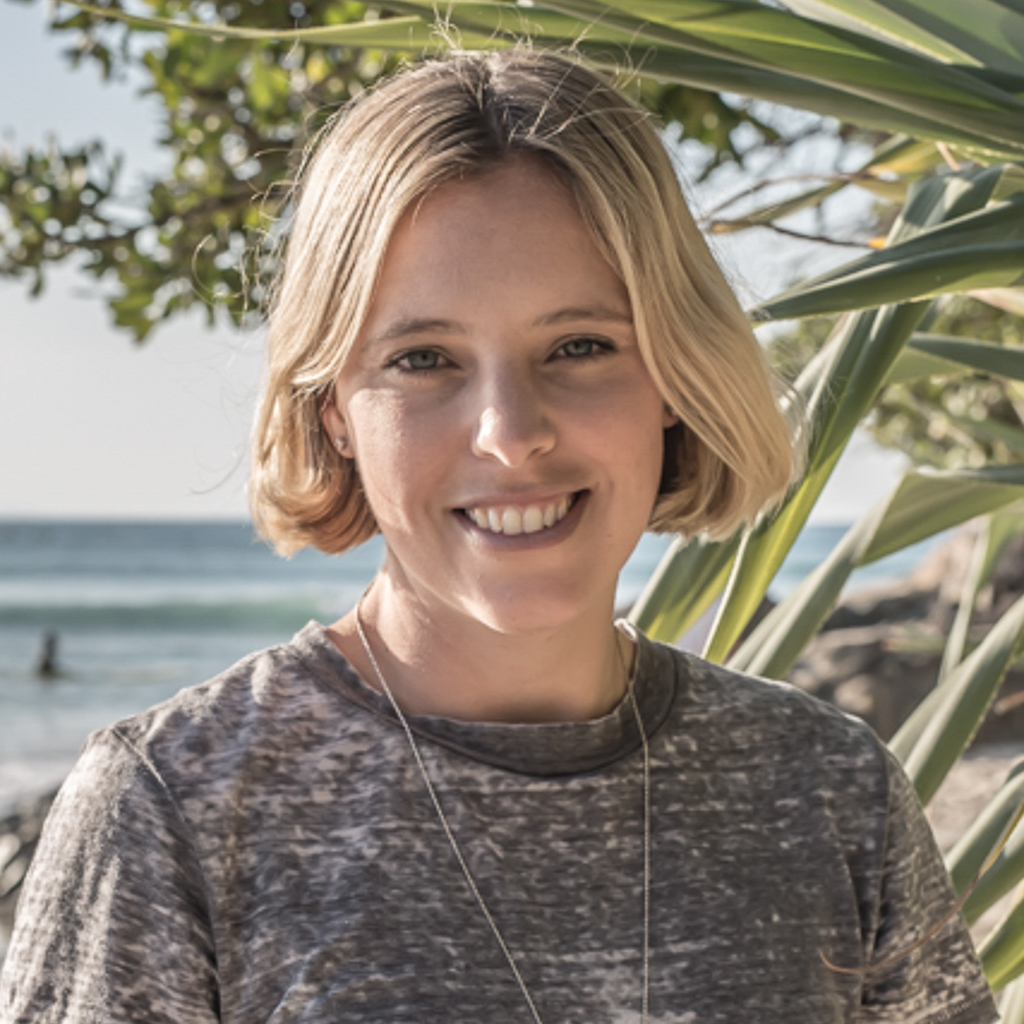

3,512 days, zero air miles: Meet the Danish man who’s visited every country in the world (without flying)
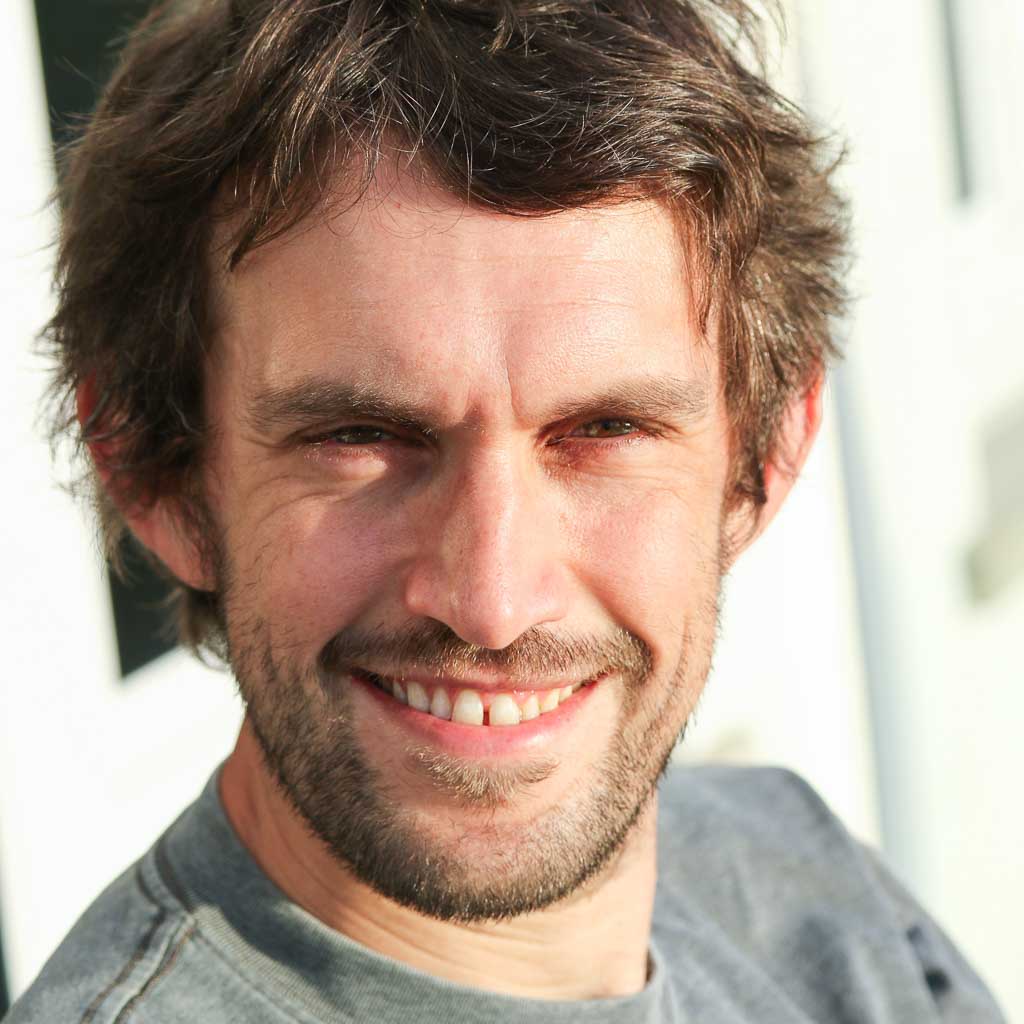

The simple joys of planning a 12-day hike—the old-school way


The reluctant hiker: This Peruvian hike is perfect for people who don’t like hiking
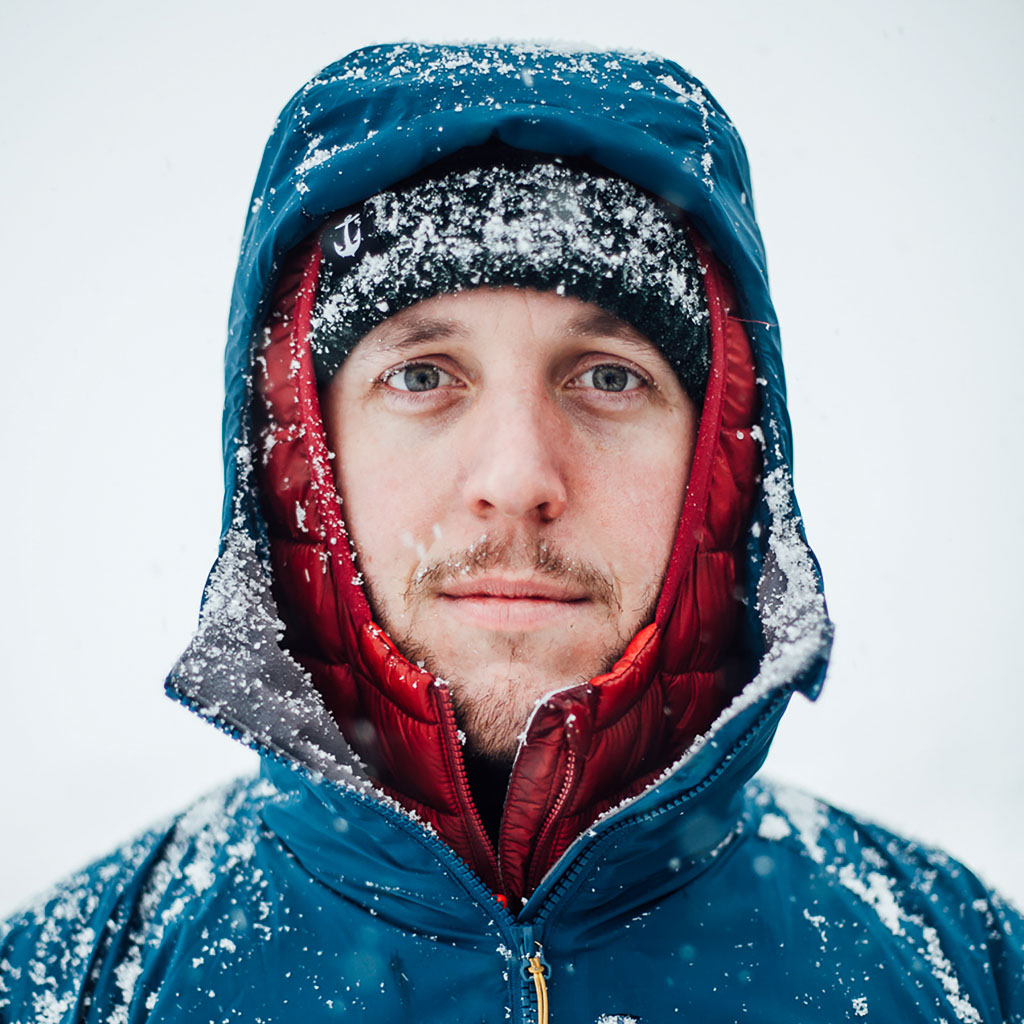

Photographing Britain’s wilderness ‘hotels’ (and the people who use them)
Can't find what you're looking for? Try using these tags:

